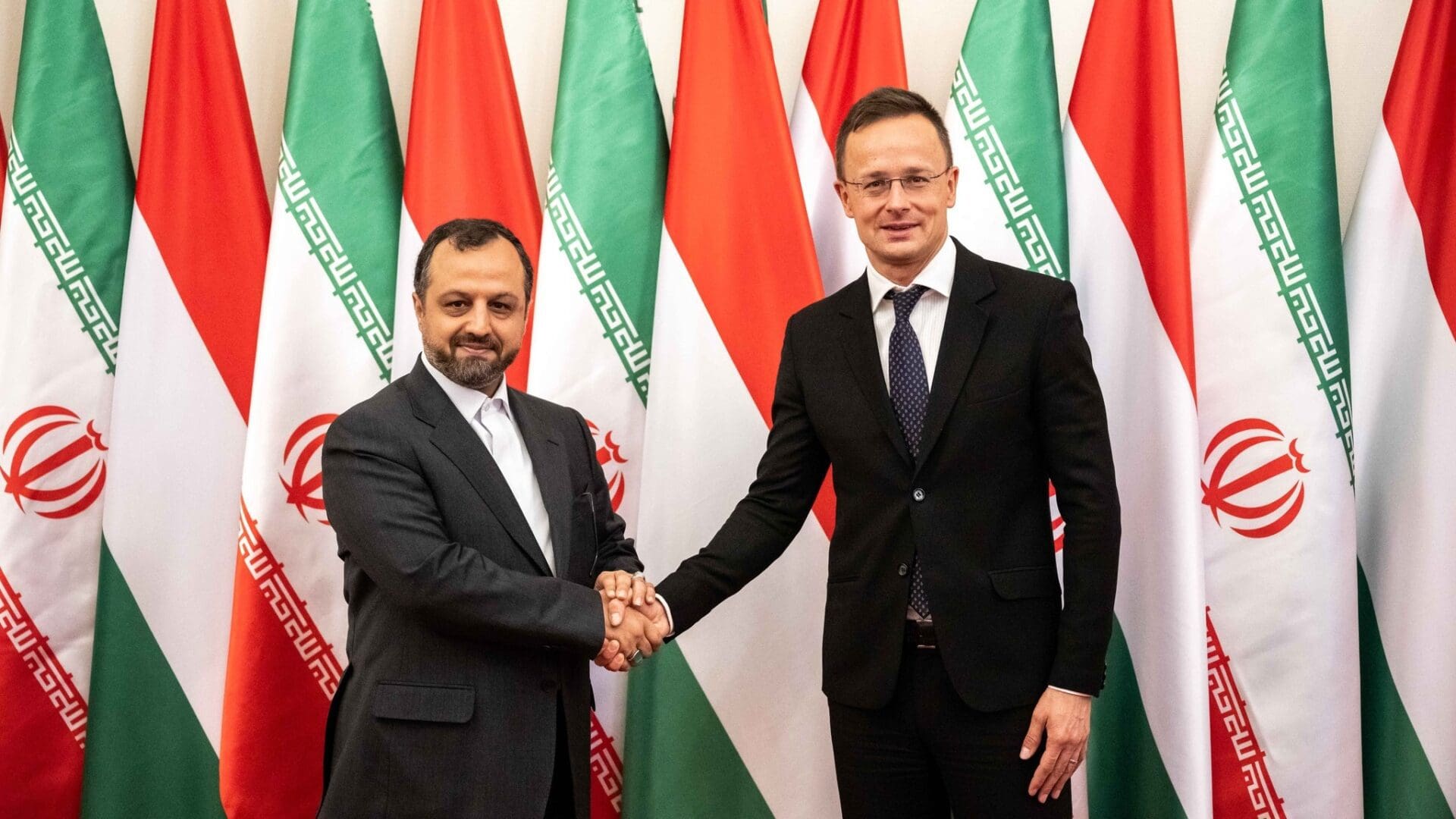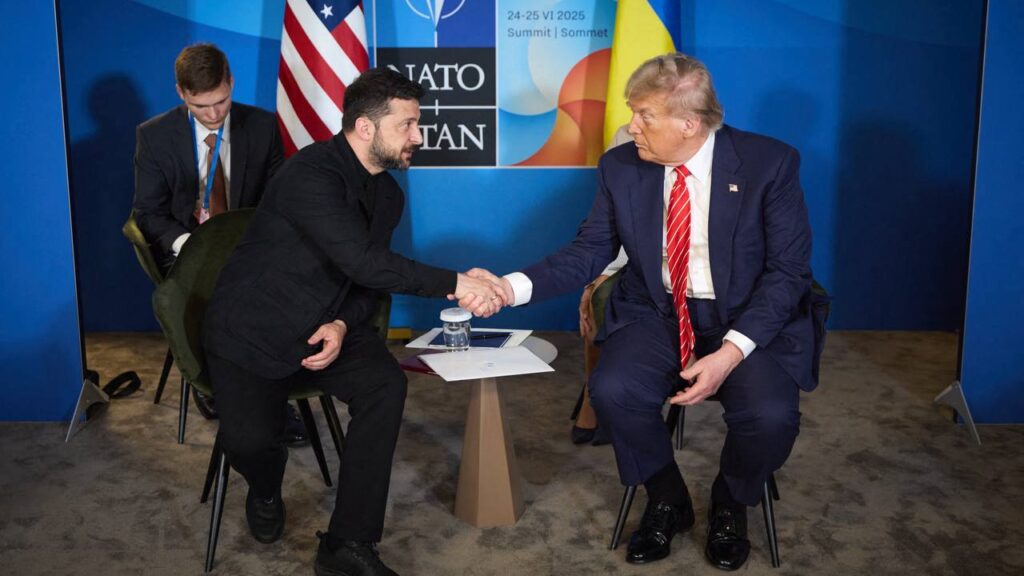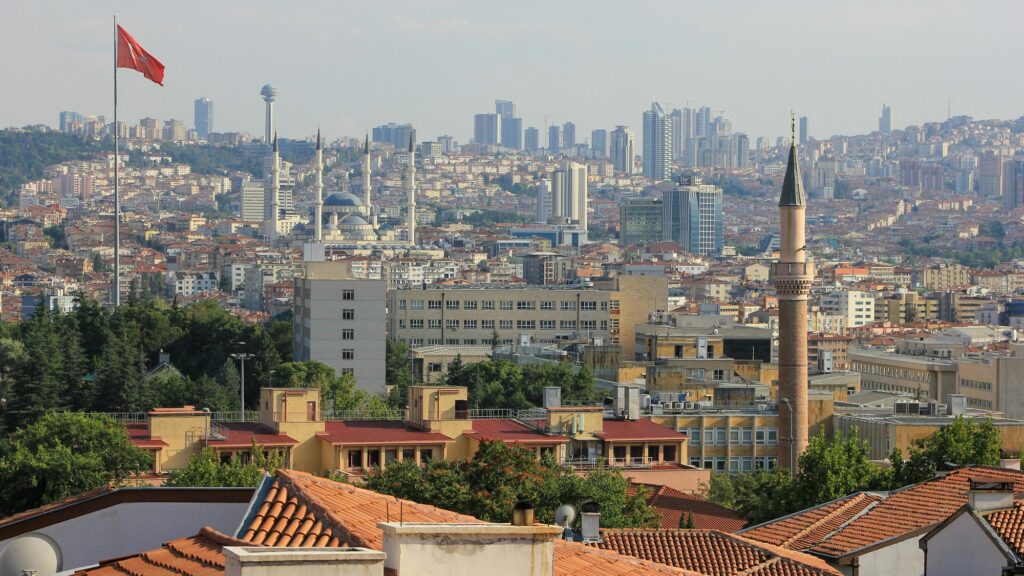On 24 January, the Islamic Republic of Iran marked its 44th anniversary of the revolution that deposed the secular government of Shah Mohammed Pahlavi, which thus gave birth to one of the most notorious regimes in modern history.
What was somewhat baffling, following the recent brutal repression of human rights activists after twenty-two-year-old Mahsa Amini died from her injuries from beatings by religious morality police for not wearing the hijab, was the presence of Hungarian Ambassador Zoltán Varga-Haszonits in Tehran to celebrate the revolution—his Polish colleague Maciej Fałkowski was also present; public officials from Austria and Slovakia in Austria also held a reception in Vienna a few days prior to commemorate the event. United Nations Secretary General Antonio Guterres recently congratulated Iranian President Ebrahim Raisi on the National Day of the Islamic Republic of Iran, which officially recognised the change from the Pahlavi dynasty into an Islamic theocracy.
A couple of months earlier, Hungarian Minister of Foreign Affairs and Trade Péter Szijjártó met and signed and economic agreement with his Iranian counterpart
to develop bilateral economic ties in the framework of a ‘policy of common sense and pragmatism’.
As Szijjártó stated:
‘We want Iran to be able to return to the framework of peaceful cooperation within the international community as soon as possible. As the global economy now faces big challenges, we think that the economy could provide the initial impetus for that return.’
Both countries appear to be on equal footing as is evident from the 45 per cent increase in the volume of bilateral trade in 2021 to 55 per cent last year, as a result of an increase in Hungarian textile and pharmaceutical exports and plastics imports from Iran. In addition, approximately 2,000 Iranian students are attending university courses in Hungary, primarily in health sciences and the economy; 150 of them have been granted scholarships by Budapest.
Puzzling as this might all sound, one would think that Hungary would have at least raised the issue of human rights violations in Iran, especially since Orbán has been a salient defender of the institution of the family, specifically against the LGTBQ+ agenda of the European Union and the United States.
The Hungarian (and Polish) diplomatic presence in Tehran calls to mind a bit of former US Secretary of State and National Security Adviser Henry Kissinger’s publication A World Restored: The Politics of Conservatism in a Revolutionary Age, which essentially called for a détente (French word for ‘relaxation’), i.e., realpolitik.
Essence of Kissinger’s Realpolitik?
Based on the international diplomatic conference at the Congress of Vienna (1814-1815), which was called to reconstitute the European political order after the downfall of the French Emperor Napoleon, Kissinger argued that
‘legitimacy’ in international affairs rested on establishing a balance between powerful states rather than promoting justice.
This was the foundation of his détente or realpolitik policy as both public servant and political adviser to many presidents. It consists off a non-confrontational approach with potentially hostile countries, even at the expense of human rights, or compromising intrinsic liberal values in pursuit of their interests abroad.
In a 2009 interview, Kissinger explained realpolitik in these words:
‘Cynics treat values as equivalent and instrumental. Statesmen base practical decisions on moral convictions. It is always easy to divide the world into idealists and power-oriented people. The idealists are presumed to be the noble people, and the power-oriented people are the ones that cause all the world’s trouble. But I believe more suffering has been caused by prophets than by statesmen. For me, a sensible definition of realpolitik is to say there are objective circumstances without which foreign policy cannot be conducted. To try to deal with the fate of nations without looking at the circumstances with which they have to deal is escapism. The art of good foreign policy is to understand and to take into consideration the values of a society, to realize them at the outer limit of the possible.’
Kissinger did not advocate a foreign policy barren of moral principles, but one that understands the limits of furthering the national interest if policy is restricted by idealism.
He believed that the US had erroneously ‘imbued its interactions with the world with moral principles and righteousness, [which] had rigidified containment into either a strict theology of a psychiatric search for misunderstandings.’[1] This is how the Nixon administration proceeded with Communist China and the Soviet Union in the 1970s, which as John Kane explained, contradicted ‘traditional’ American values that place human rights and self-determination at the forefront.[2]
In the end, via his famous shuttle diplomacy,
the realpolitik established diplomatic ties with China, it helped offset the Chinese from the Soviets, and it brought the Vietnam War to a conclusion
—in the end the North Vietnamese were coerced to a peace settlement after Nixon carpet-bombed Cambodia.
Hungarian Realpolitik?
Szijjártó stated that Iran is aiding Hungary in halting migration waves and narcotics trading. The point of the matter is that Iran, aside its draconian rule over its people, is still the country that sponsors international terrorism the most, specifically through its organisations across the Middle East, including Hezbollah in Lebanon, Shi’ite militias in Iraq, and Palestinian groups in Gaza. Its influence has also penetrated the United Kingdom, France, and Germany.
This past January, two Iranians were apprehended in the West German town of Castrop-Rauxel for a failed planned terrorist attack on New Year’s Eve. While they were apparently working on behalf of the self-proclaimed Islamic State, German intelligence said that their jihadist doctrine was that of their Shi’ite tenets.
The Hungarian-Iranian dealings, in light of the ayatollahs forty-four year of terror, do raise some eyebrows.
In essence, the Orbán government is signalling a willingness to cooperate with the internationally sanctioned Iranian regime even in areas such as nuclear policy.
Diplomacy has always been a complicated game of chess, not every move is going to be a winning one. It goes without say that there are advantages in implementing realpolitik, even with oppressive regimes. The paradox is that it can also make them even stronger.
If we look at this diplomatic approach the Obama and Biden administrations and the EU have had with Iran, it has only paved the way for the mullahs to near weapons-grade nuclear material, set up shadow governments in the Middle East, export their terrorism, be able to aid Russian President Vladimir Putin in his aggression against innocent Ukrainians, and continue to suppress pro-democracy activists.
Szijjártó has recently pointed out, in reference to trade with the Western Balkans, that given Hungary’s specific geographical location, ‘peace and tranquillity…can best be maintained by promoting economic development’.
Orbán will and must first think of Hungarians. The apparent realpolitik with Iran demonstrates that. Yet the Iranian regime will also look out for itself, not its own people, let alone Hungarians. All things being equal, one thing is to maintain trade and commerce with hostile nations, another thing is joining in on the celebration in which despots rose to power.
[1] Robert B. Zoellick, America in the World: A History of U.S. Diplomacy and Foreign Policy. New York, Hachette Book Group, Inc., 2020, 383.
[2] Cfr. John Kane, “American Values or Human Rights? U.S. Foreign Policy and the Fractured Myth of Virtuous Power”, in Presidential Studies Quarterly, Vol. 33, No. 4, December 2003, 772-800, (https://www.jstor.org/stable/27552537), accessed 21 March 2023.
Related articles:








